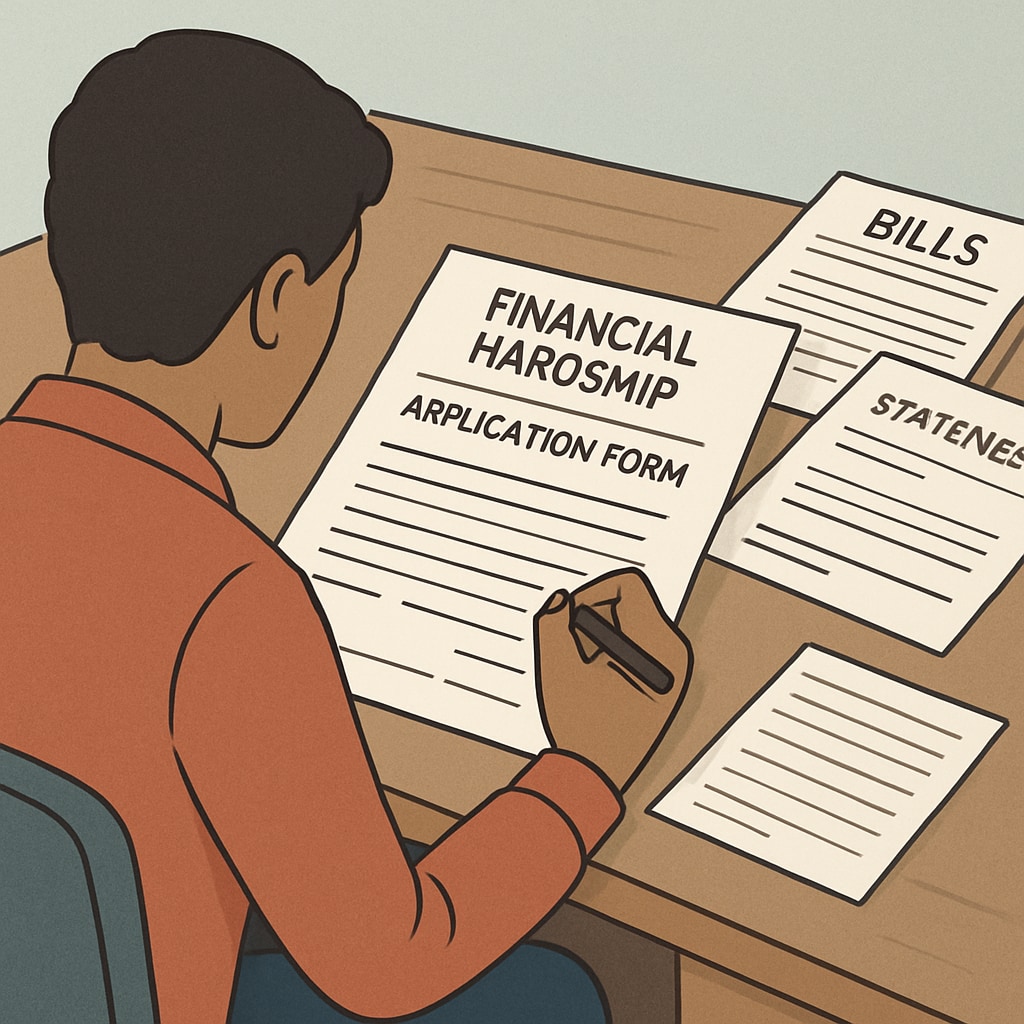Facing unpaid balances, many parents wonder if it’s possible to access their child’s school transcripts—especially when urgent needs such as professional license exams arise. This issue is common within the K12 education system, where schools often enforce strict policies regarding financial obligations. In this article, we explore the options available to parents seeking transcripts while respecting institutional rules. We also provide practical solutions to ensure a child’s educational progress is not hindered by financial constraints.
Understanding the Connection Between Fees and Transcript Access
Many schools, particularly private or charter institutions, link transcript access to financial clearance. This policy is rooted in the belief that unpaid tuition or fees are contractual obligations. However, this practice can create significant hurdles for families under financial strain. While public schools are less likely to withhold records for unpaid balances, private schools are not bound by the same regulations.
For example, if a transcript is required for a professional license exam, withholding the document might delay a student’s career progression. Parents should first understand their school’s specific policy. Requesting a copy of the financial agreement signed at enrollment is a great starting point for clarifying their rights.

Exploring Legal Protections and Exceptions
In some jurisdictions, laws prevent schools from withholding essential documents like transcripts, even if there are outstanding balances. For instance, certain U.S. states mandate that schools must provide transcripts for situations involving government aid applications, military enlistment, or professional licensing. These laws vary widely, so researching local regulations is critical.
In cases where legal protection exists, parents can cite these laws when making requests. For example, California’s Education Code explicitly prohibits withholding transcripts for unpaid debts in public schools. Similarly, some private institutions may be willing to make exceptions for urgent needs if approached with formal documentation.
Proactive Steps for Parents: Negotiation and Alternative Solutions
When no legal protections apply, parents can explore alternative solutions by engaging directly with school administrators. Below are some actionable steps:
- Request a Payment Plan: Many schools are open to installment-based repayment plans that allow partial access to records upon signing. Clearly outline your financial situation when making this request.
- Seek Waivers or Hardship Exceptions: Some schools offer fee waivers for families facing documented financial hardship. Submitting proof of income, medical bills, or other financial burdens can strengthen your case.
- Submit a Formal Appeal: Draft a formal letter explaining why the transcript is urgently needed, such as for a professional license exam. Attach supporting documents to show the importance of your request.

Long-Term Strategies to Avoid Future Issues
Resolving immediate challenges is important, but parents should also consider long-term approaches to prevent similar issues from arising. Here are some tips:
- Budget for School Expenses: Create a dedicated savings plan for tuition and related fees to avoid accumulating unpaid balances.
- Communicate Early: When financial difficulties arise, inform the school as soon as possible. Early communication often leads to more flexible solutions.
- Research Financial Aid Options: Many organizations offer scholarships or grants for K12 education. Explore these options to reduce the financial burden.
By taking a proactive stance, parents can minimize the likelihood of encountering barriers to accessing critical academic records in the future.
In conclusion, while accessing school transcripts with outstanding balances can be challenging, it is not impossible. By understanding legal protections, negotiating with schools, and planning ahead, parents can ensure their child’s education and career goals remain on track.


